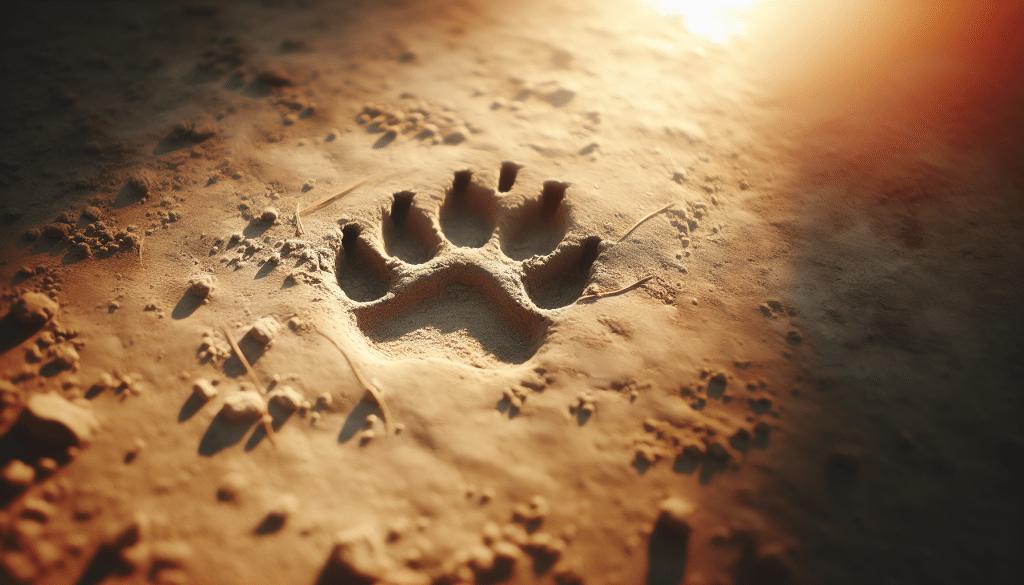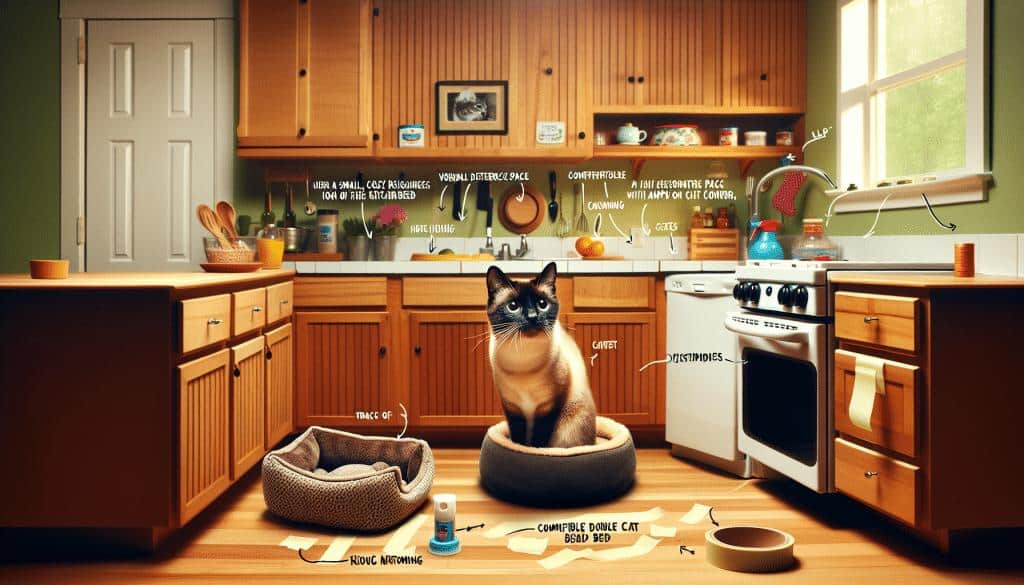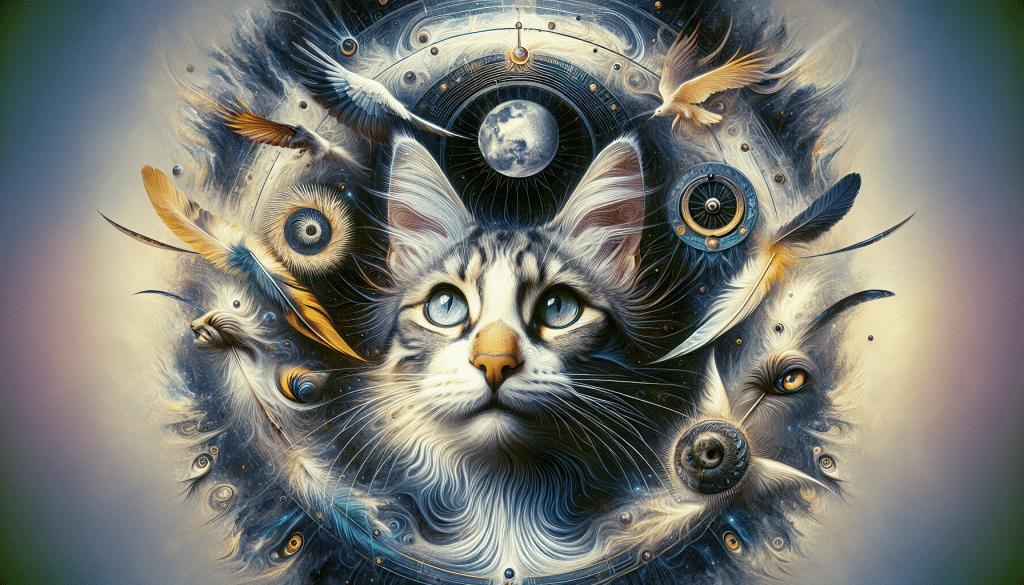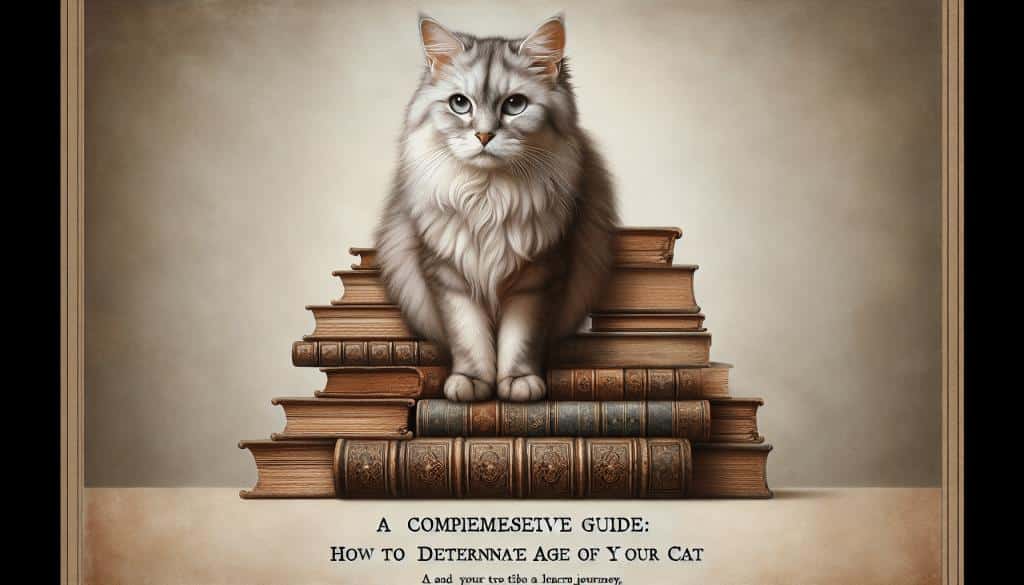So, you’ve noticed that your furry friend doesn’t seem quite like their usual self lately. It’s got you worried, and you can’t help but wonder if something is seriously wrong. Well, in this article, we’re going to shed some light on the signs that your cat may be nearing the end of their life. While it’s always distressing to think about, being aware of these indicators can help you provide the best care and support possible during this difficult time. So, let’s take a closer look at how to recognize if your cat is dying.

Recognizing Behavioral Changes
When it comes to recognizing behavioral changes in your cat, sudden aggression or irritability can be a sign that something is off. If your cat starts lashing out unexpectedly, it could be a sign of pain or discomfort. Similarly, if your usually sociable and outgoing cat suddenly begins to withdraw from social situations, it may be indicative of underlying health issues. Keep an eye out for any changes in grooming habits as well. Cats are known for their meticulous grooming routines, so if your cat starts neglecting their grooming or becomes overly obsessive about it, it could signal an issue.
Excessive vocalization is another behavioral change to watch out for. While some cats are naturally more talkative than others, if your cat starts vocalizing more than usual or in a different way, it might be a sign of distress. Additionally, if your cat stops responding to stimuli, such as their favorite toys or treats, it could be indicative of a problem. Cats are typically curious creatures, and a lack of interest in their surroundings could indicate that something is amiss.
Monitoring Appetite and Thirst
Changes in appetite and thirst can be quite telling when it comes to the overall health of your cat. If your feline friend experiences drastic weight loss without any changes in their diet or exercise routine, it’s essential to investigate further. Loss of appetite is another red flag to watch out for. A sudden disinterest in food, especially if it persists for more than a day or two, should prompt a visit to the veterinarian.
On the other hand, excessive drinking or urination could also indicate an underlying issue. If your cat starts drinking more water than usual or urinating more frequently, it may be a sign of diabetes, kidney problems, or other medical conditions. Difficulty in swallowing, such as coughing or gagging while eating, should also be closely monitored as it could point to a range of potential health issues.

Observing Physical Changes
Being observant of any physical changes in your cat is important when it comes to their well-being. If you notice your cat limping or having difficulty in movement, it could be a sign of pain, injury, or arthritis. Similarly, rapid breathing or shortness of breath may indicate respiratory distress or other underlying problems. Keep an eye out for any changes in your cat’s eye appearance as well. Redness, cloudiness, or discharge could be signs of eye infections or other issues.
Fluctuations in body temperature are also worth noting. If your cat feels unusually warm or cold to the touch, it could signal an underlying condition. Monitoring their body temperature can help provide helpful information to your veterinarian during check-ups or consultations.
Identifying Pain and Discomfort
Recognizing signs of pain or discomfort in your cat can be challenging, as cats are known for their stoic nature. However, there are certain behaviors that may indicate they are experiencing discomfort. Constant pacing or an inability to get comfortable are common signs of pain. If your cat seems restless and unable to settle down, it might be time to investigate further.
Excessive scratching or biting at certain body parts can also be a sign of discomfort. Pay attention if your cat focuses their attention on a specific area and seems to be in distress. Additionally, a decreased response to touch, such as flinching or pulling away when touched, can indicate sensitivity and potential pain.

Noticing Changes in Sleep Patterns
Cats are famous for their love of sleep, but changes in their sleep patterns can be a cause for concern. If your cat starts sleeping more than usual and seems lethargic, it may be a sign that something is not right. Conversely, difficulty in waking up or a general disinterest in their surroundings could also be an indication of underlying health issues.
Disrupted sleep or restlessness during sleep can also be telling signs. If your cat seems to have trouble settling down or is constantly moving during sleep, it may be worth discussing with your veterinarian to rule out any potential problems.
Checking For Neurological Changes
Neurological changes in cats can be quite alarming, and it’s essential to be vigilant in noticing any signs. Confusion or disorientation, such as getting lost in familiar surroundings or appearing disoriented, may point towards neurological issues. Lack of coordination, stumbling, or difficulty in walking straight are also indications that something is amiss.
Tremors or seizures are serious neurological symptoms that should never be ignored. If your cat experiences uncontrolled shaking or seizures, it is imperative to seek immediate veterinary attention.
Watching for Digestive Problems
Digestive problems can negatively impact your cat’s overall well-being and should be addressed promptly. Pay attention to any changes in your cat’s bowel movements, such as constipation or diarrhea. Occasional irregularities are normal, but persistent issues may be a sign of an underlying problem. Vomiting or nausea are also signs to watch out for, as they can indicate a range of conditions, from dietary issues to more serious illnesses.
If you notice blood in your cat’s stool or urine, it may indicate internal bleeding or other serious health problems. It’s crucial to seek veterinary help if you observe these symptoms.
Paying Attention to Breathing Problems
Breathing problems can be indicative of various health issues, and it’s crucial to monitor your cat’s respiratory health. Coughing or wheezing can be signs of respiratory infections, allergies, or even heart disease. If your cat is coughing persistently or having difficulty breathing, it’s essential to consult with your veterinarian.
Gasping for breath or observing blue-colored gums or tongue is a severe sign that your cat is not getting enough oxygen. This is a medical emergency, and immediate veterinary attention should be sought.
Spotting Urinary and Fecal Incontinence
Urinary and fecal incontinence can be distressing for both cats and their owners. If your cat suddenly becomes unable to control their bladder or bowel movements, it may be a sign of an underlying medical issue. Accidents around the house, particularly if your cat was previously litter-trained, should be closely monitored.
Difficulty in using the litter box, such as straining while urinating or defecating, can indicate urinary tract infections or other conditions. If your cat is experiencing incontinence or difficulty using the litter box, consult with your veterinarian to determine the cause and appropriate treatment.
Understanding Terminal Illness Symptoms
While it is never easy to face the possibility of a terminal illness, being aware of the specific symptoms can help you provide the best care for your cat. Different diseases present different symptoms, so it’s essential to educate yourself about the signs associated with your cat’s specific condition.
Regular veterinary check-ups are crucial for early detection of potential terminal illnesses. Routine examinations, blood tests, and screenings can help identify problems before they become advanced and enable you to maximize your cat’s quality of life.
End-of-life care practices, such as palliative care and pain management, can help make your cat’s final days as comfortable as possible. It’s important to have open and honest conversations with your veterinarian to ensure you are providing the best care during this difficult time.
Remember, every cat is unique, and these signs may not necessarily indicate that your cat is dying. However, if you notice any of the mentioned changes or have concerns about your cat’s health, it is always best to consult with a veterinarian for a proper diagnosis and guidance on how to provide the best care for your beloved furry friend.



